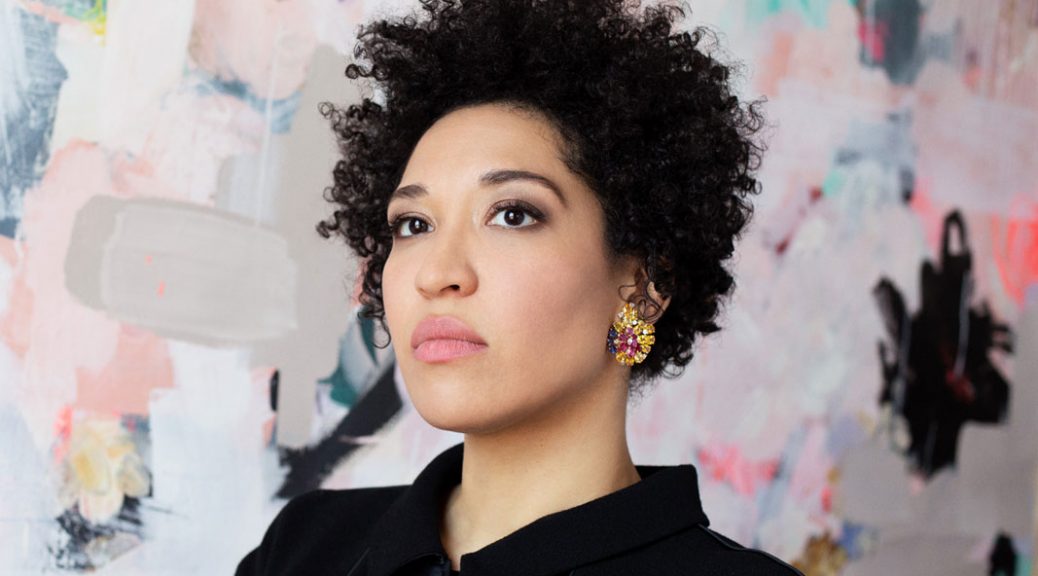
SYMPHONY’S CANNONS AND CANONS
The preview act of the music-director-to-be Salonen showed him to be refreshingly self-effacing, constantly putting the music at the forefront in place of the maestro or the podium. And that put a damper on any possible waves of public adulation and wonderment.
He led off his guest stint with the S.F. Symphony with cannons and canons, but of a deeply grieving funereal sort, and went from the bang to the whimper, finishing with the underwhelming impact of Ravel’s fragile “Mother Goose.”
That permitted the scene to be stolen by the highly gifted young dramatic soprano Julia Bullock from Michigan and lately Munich. She sang in French with astonishing impact, spotlighting the brilliant imagery of those “decadent” Symbolist poets Rimbaud and Mallarmé who may or may not have been under the influence of controlled substances.
The passionate account of the 24-minute “Les Illuminations” (1939) by Britten was evoked by the bright, overwrought and passionate imagery of Arthur Rimbaud, as “chariots of silver and copper, prows of steel and silver beat the foam, …the currents of the heath.” The many moods are sensual and uninhibited, with music of the emerging composer as original as the texts. And in one, “Marine Scene,” she even executed sterling coloratura.
In Ravel’s “Three Poems of Stéphane Mallarmé,” she had to descend to her less powerful low voice, but she remained by turns effusive as well as tortured. The composer was a superior craftsman and orchestrator, often making the ear tingle with sonic delight. The accompaniment by the 10-member ensemble was a masterpiece of economic expressiveness, especially with rare duets of piccolo (Catherine Payne) and bass clarinet (Jerome Simas), several worlds apart. Languid flute solos from Tim Day were inevitable (this being Ravel) as well as gratifying. Fans of vocal music were given a double treat, with (translated) texts shown both in supertitles as well as in the printed program.
The 11 minutes of Ravelian ecstasy were largely dissipated with the velvet-glove music of Ravel’s “Mother Goose,” now sounding rather dated. Despite excellent work from the violins, its subdued, feline features made for an anti-climactic ending; otherwise, this was a great evening that had begun resoundingly with a rafter-ringing reworking of a baroque score by arranger Steven Stucky, three centuries after the fact. Henry Purcell’s “Funeral Music for Queen Mary” had been inflated for a modern-orchestral lament, bristling with brass and pounding timpani, suggesting an entire world undergoing shattering grief over a monarch’s demise, sounded with a supercharged power as if by Berlioz, Wagner or Liszt.
The animated conductor-composer Salonen, 61, evoked the max from the players in what promises to be a fertile association after he takes over the SFS in the fall. And his deflecting attention from himself—Bullock nearly had to beg him to emerge for a bow after the Mallarmé/Ravel—will prove impressive, especially in a world where podium figures often have a von Karajan-sized ego.
MUSIC NOTES—Ravel had once remarked that he considered Mallarmé “the only French poet!” ….In her local debut Bullock had made a great impact at the S.F. Opera, playing the lynch-mob victim Josefina in the premiere of John Adams’ “The Girls of the Golden West.” …Salonen returns next week for performances including his Violin Concerto…The SFS world was saddened by the Dec. 19 passing of the oldest player in the SFS, cello principal Michael Grebanier, 82, a mainstay in the ensemble since 1977. Though on the roster, he had been absent for a year, his first-chair slot filled in mostly by Peter Wyrick.
San Francisco Symphony, Esa-Pekka Salonen and guest conductor, Julia Bullock, soprano, heard Feb. 20, Davies Hall, S.F. For SFS info, call (415) 864-6000, or go online: www.sfsymphony.org.